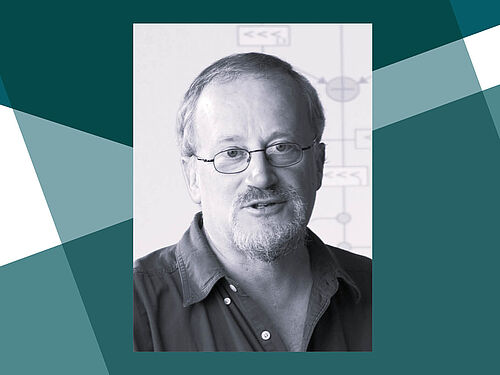With immense sadness, CASA members this week learnt of the death of one of the globally leading academic security researchers, Prof. Ross Anderson. He served as a professor of security engineering at Cambridge University for over two decades, making countless key contributions to many areas of security research, and authored the key academic textbook “Security Engineering”. He was also a vocal and tireless campaigner for privacy and transparency in technology and the rules that govern their use. A more detailed account of this contributions, achievements and honours can be found here: https://www.cl.cam.ac.uk/~rja14/
Pioneering Interdisciplinary Collaboration in Security Research
Together with the US security author and researcher Bruce Schneier, Ross Anderson established two key platforms that brought together security researchers and experts from relevant other disciplines to tackle emerging research challenges: in 2002, the Workshop on Economics in Information Security (WEIS) and in 2008, Security and Human Behaviour (SHB). Both events were characterized by learning from each other, vigorous debate, and were the start of many new fruitful research collaborations. This combination of depth in research excellence, and breadth in outlook, made Ross Anderson such a valuable member of the CASA Advisory Board – his views and ideas – and the strength with which he made them – will be greatly missed.
Personal Reflections on Collaborating with Ross Anderson
Two of the speakers of our Cluster of Excellence collaborated on projects with Ross Anderson and share their recollections of working with him.
M. Angela Sasse, CASA spokesperson and professor for Human Centred Security at the Horst-Görtz-Institute for IT Security, Faculty of Computer Science of the Ruhr-University Bochum, recalls that he invited her to give a talk at the Cambridge Computer Lab after her first major paper on usable security had been published:
“I was quite apprehensive since I - some mid-career usability researcher – was challenging established password policies accepted by researchers and practitioners around the globe. But Ross immediately understood: if people can’t or won’t do a security task, the security those rules provide exist only on paper, not everyday practice. We started to collaborate on usable security studies. The fact that he took usable security seriously made technically-focused security research community more open to it.”
Christof Paar, CASA spokesperson and professor for Embedded Security at the Horst-Görtz-Institute for IT Security, Faculty of Computer Science of the Ruhr-University Bochum, has found Ross Anderson to be an extremely supportive colleague and has many fond memories of him:
“I’m very grateful that he was willing to give the keynote at the first escar conference that we organized in 2003. This was very much an experimental conference, and it was fantastic to have a world-renowned scientist like Ross supporting it. The other memory that stands out was his keynote at the 10-year anniversary of the Horst Görtz Institute for IT Security in Bochum. Without him, this important event would not have been the same.”
Our Cluster of Excellence CASA extends its deepest sympathies to his whole family.
General note: In case of using gender-assigning attributes we include all those who consider themselves in this gender regardless of their own biological sex.


